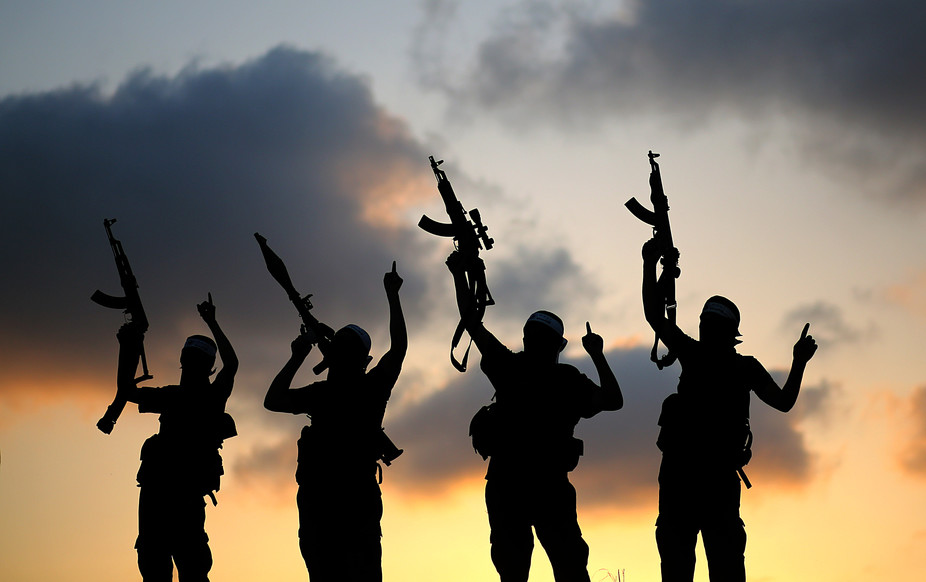What can Germany do to keep itself safe? Integrate new entrants more fiercely
 If there can be any blessing in a bloody and terrible act, it is this: Munich’s mass murderer was a dual national (German and Iranian) but not a refugee from some distant war. The 18-year-old was born and bred in Germany. He was mad as a coot (or at least profoundly disturbed and obsessed with mass killings) but he was homegrown.
If there can be any blessing in a bloody and terrible act, it is this: Munich’s mass murderer was a dual national (German and Iranian) but not a refugee from some distant war. The 18-year-old was born and bred in Germany. He was mad as a coot (or at least profoundly disturbed and obsessed with mass killings) but he was homegrown.
And yet, the mere fact that the Munich attacker was of Iranian ethnicity will undoubtedly draw attention to the tangled issue of borders, controls and human migration. Who should a country accept on to its soil? How many foreigners should it take? Why, when and how?
Expect an intense – and occasionally irate – debate on these questions in the run-up to next year’s German federal election. Especially after Sunday’s suicide bomb in Ansbach, by a 27-year-old Syrian whose asylum request was rejected. And the train attack in southern Germany by a 17-year-old man who entered the country claiming he was Afghan and in need of refuge. The teenager was shot dead by police as he tried to take them on and he will be one of the posthumous foci of the debate.
First, because Germany is probably entitled to be deeply troubled. It took in roughly one million refugees last year mainly from Syria and the train attack raises new fears about newly radicalized individuals abroad in the land. The train attacker pledged loyalty to the so-called Islamic State extremist group in a video and reportedly also threatened further attacks “in every village, city and airport.”
This has to be chilling for a country that set out to welcome Syria’s harried and dispossessed as warmly as it could after Chancellor Merkel crisply announced “we can do it” last summer. For seven months now, the German attitude to refugees has grown steadily cooler. This is largely because of the New Year’s Eve troubles. There were reports that women were sexually harassed as they partied out the old year in Cologne and several other German cities. Many of the women said the perpetrators were refugees, particularly from North Africa.
Then came the train attack.
As Daniel Koehler, director of Germany’s Institute on Radicalization and De-Radicalization Studies and a fellow at George Washington University’s Program on Extremism, recently put it, the refugees could now be seen as “human weapons”. This is especially so if they’re young and likely, at some point, to face the usual difficulties with adjustment to and acceptance into their adopted society and country.
Mr Koehler says an ISIS recruitment handbook advises sympathizers to target young adults or teenagers in Europe, thus turning its “youngest recruit generation, which was originally being prepared to join the caliphate, into human weapons.”
So, what on earth is one to do?
It’s impossible to unscramble the eggs, winch every new refugee out of Germany and dispatch him or her to some camp in Jordan (along with a huge payout of some sort to Amman).
While thinking of options, I came across this quote from Burkhard Freier, the head of North-Rhine Westphalia’s state intelligence agency. Back in September 2015, when the refugee influx had become a European crisis, Mr Freier told Frankfurter Allgemeine Zeitung newspaper: Refugees “go through exceptional circumstances and seek shelter and inclusion into a society. This is what Salafists exploit to attract young refugees for their cause.”
Shelter and inclusion. Those are the standards by which Germany must judge itself and be judged.
By taking in these refugees, Germany is already providing shelter. What about inclusion? It must treble, quadruple or multiply a hundred-fold its attempts to integrate these people.
The far-right, anti-immigrant and Islamophobic strands in German society will inevitably portray this as refugee-love and liberalism gone mad. After all, integration initiatives don’t come cheap, they are guaranteed to be slow and there is always the risk there will be some failures.
Indeed, it does sound odd to prescribe a greater outlay – at the expense of the German taxpayer – on people who you fear might simply kill you one day.
It does sound odd though to prescribe more love in the face of such unreasoning hate, but that’s the only solution.
If for no other reason than self-preservation.

